Explore the digital world with confidence
Windows Media Center delivers comprehensive coverage of computing, technology trends, and digital innovation. Stay informed with expert analyses, in-depth guides, and the latest news from the tech world.
Browse by Category
Find exactly what you're looking for across our specialized tech sections
Latest articles
Our recent publications
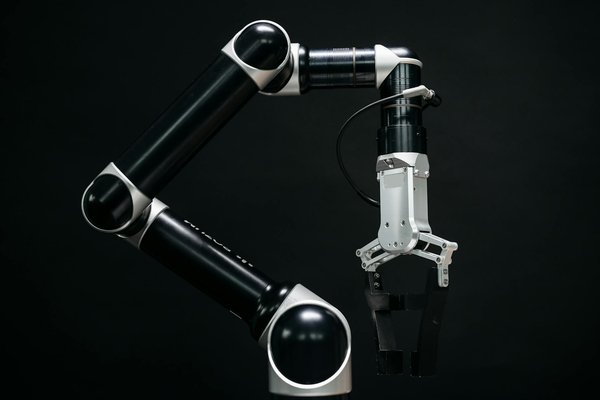
Exploring the distinctive features of uk computing hardware in advancing virtual reality development
The significance of UK-based computing hardware in the global virtual reality (VR) landscape is grow...

How Has UK Computing Hardware Influenced Technological Advances Globally?
The United Kingdom has played a pivotal role in the development and advancement of computing hardwar...

Unlocking tomorrow: how uk innovations in computing hardware drive global tech progress
The UK computing hardware leadership consistently drives breakthroughs that position Britain as a gl...
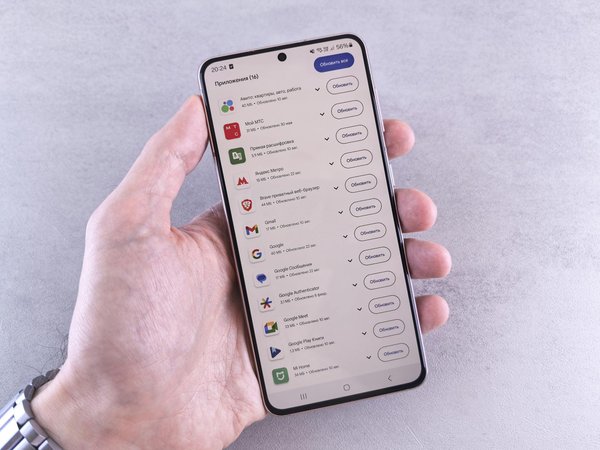
Exploring growth potential in the uk cloud computing landscape
Understanding the UK cloud computing market size reveals a dynamic sector experiencing robust growth...
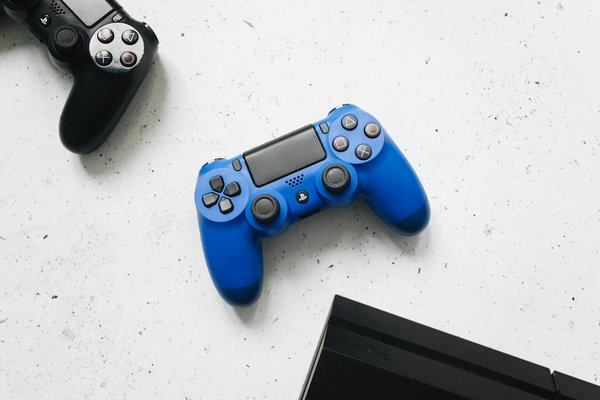
Is the Future of High-Tech Spurring Investment in UK Computing?
The United Kingdom is poised at the forefront of a technological revolution, with high-tech innovati...

The future of the uk high-tech industry: ai's revolutionary impact
Artificial intelligence is a driving force behind AI UK innovation, significantly reshaping the coun...
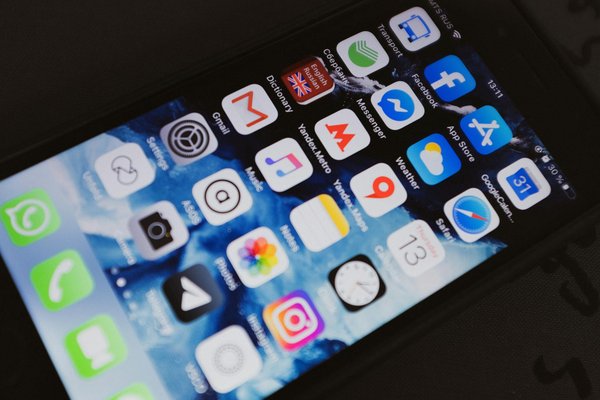
Discovering tomorrow: how emerging technologies in computing and the internet will transform our daily lives
Emerging technologies are those innovations that are currently in development or have recently gaine...

Exploring the impact of 5g on the uk's internet landscape: what should you expect?
The advent of 5G technology marks a significant leap forward in the realm of mobile network technolo...

Generate eye-catching website mockups with ease today
Creating stunning website mockups no longer demands complex tools or steep learning curves. With acc...

What role does cybersecurity education play in UK schools?
In the digital age, the importance of cybersecurity cannot be overstated, especially within the educ...

Unlocking marketing potential: how uk businesses can harness vr in their strategies
Virtual reality marketing UK is rapidly reshaping how brands connect with consumers across Britain. ...

Unlocking the power of innovation: how uk businesses can harness emerging technologies for marketing success
Emerging technologies are revolutionizing marketing strategies, igniting a wave of digital transform...
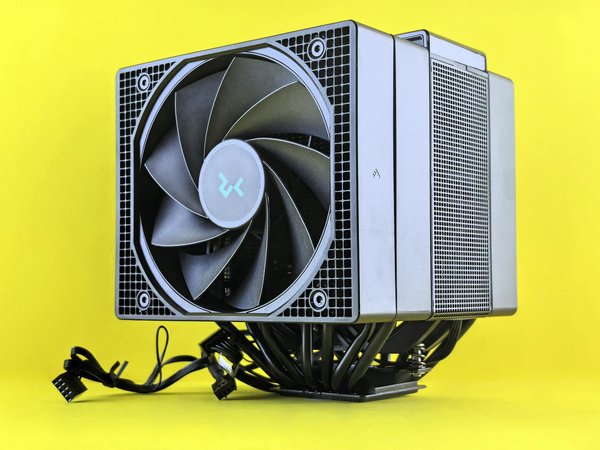
What benefits does machine learning bring to UK marketing analytics?
In the ever-evolving landscape of marketing, the integration of machine learning has transformed the...

Exploring the influence of cutting-edge technologies on the future of uk cybersecurity
Technological innovation is rapidly transforming the UK's cybersecurity landscape. Among the most im...

Unveiling the impact of remote work on the evolution of the uk tech sector
Remote work trends in the UK tech sector have reshaped the industry significantly. Historically, the...

What Are the Best Strategies for Optimizing IT Security in the UK?
In the ever-evolving digital world, ensuring the security of IT systems is a paramount concern for b...

Discover the top smartphone features users rely on daily
In daily life, smartphone essential features greatly influence how users interact with their devices...

How Do Smartphones Impact Modern Computing Trends?
In the modern era, smartphones have become an integral part of our daily lives, transforming the way...
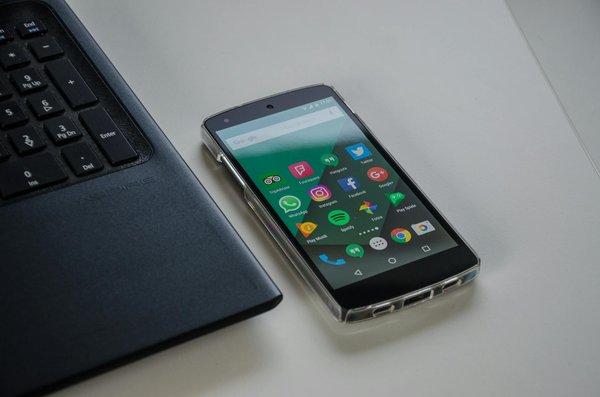
What role does computing power play in uk consumers' smartphone preferences?
Understanding the role of smartphone performance in UK consumer decisions reveals that CPU and RAM a...

Exploring the portrayal of history in british video games: a narrative journey
British historical video games showcase distinct narrative techniques that set them apart in the gam...

How is the UK gaming industry addressing inclusivity?
The UK gaming industry, known for its vibrant and innovative landscape, is increasingly focusing on ...

Revolutionizing gaming: the impact of virtual reality in the uk
Recent years have witnessed significant VR advancements within the UK gaming sector, driven by break...
Frequently Asked Questions
How often is new content published?
We publish fresh articles daily across all categories. Major tech news is covered as it breaks, while in-depth guides and analyses are released throughout the week. You can expect 5-7 new pieces of content every day.
Can I suggest topics for future articles?
Absolutely! We welcome reader suggestions and feedback. You can reach out through our contact page with topic ideas, questions, or areas you'd like to see covered. Many of our most popular articles have come from reader suggestions.
Are the reviews and analyses unbiased?
All content on Windows Media Center is created independently by our contributors. We maintain editorial independence and focus on providing accurate, balanced information to help readers make informed decisions about technology.
How can I find articles on specific topics?
You can browse by category using the navigation menu, use the search function to find specific topics, or explore our tag system at the bottom of each article. We also maintain curated collections of related articles for easy navigation through complex subjects.
